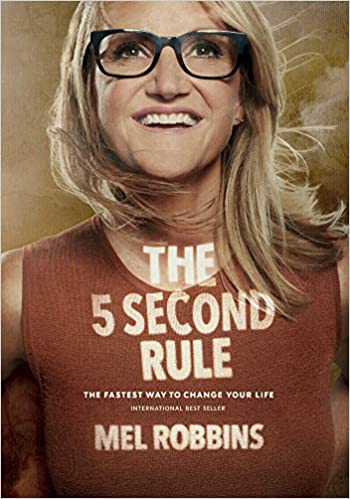Many of us struggle with making decisions. What meal should I choose from the restaurant menu? What should I wear to an event? Should we watch this film or that one? Decisions such as these are trivial in the grand scheme of things, but they can still cause stress if you find decision-making difficult.
The fear of making decisions is called decidophobia. For people who have this fear, it can cause panic attacks even when faced with the most minor decision. However, in most cases, indecisiveness is caused by anxiety. If you are under stress and suffering from anxiety, already you will find it harder to make good decisions, and the fact that you have a decision to make only adds to the anxiety and stress levels.
It is important to remember that a period of indecisiveness is not always bad. If you have a big decision to make, it is not unnatural to think about the consequences. The problem with indecision is that it can become a habit and affect all parts of your life, whether the decision is trivial or important. Once you are stuck in this pattern, it can be hard to shift.

The 5 Second Rule
by Mel Robbins
⏱ 11 minutes reading time
🎧 Audio version available
Why are you so scared of making decisions anyway?
In most cases, an inability to make decisions comes down to four factors.
- You are overloaded with too many choices, so you find it hard to choose just one.
- You fear the responsibility of making a wrong choice and being blamed for it.
- What if your decision is not perfect?
- You are suffering from anxiety, so any decision causes additional pressure to go for the safest choice, which may not be the best.
Let’s check out 11 tips on how you can stop stressing over trivial decisions.
- Too much choice. If you feel you are overloaded with choices, find strategies to narrow this down. For example, decide on a basic issue that is important to you and only choose from a limited range of options. Restricting your choices may reduce option overload.
- Trust your capabilities. Remember your strengths and how much you have achieved and if you fear the responsibility of a choice, bear in mind that you can only make a decision based on what you believe now and not on what lies ahead in the future. Nobody can see the future, so do your best and move on.
- Avoid seeking perfection. So your decision may not be perfect, but perhaps you are aiming too high? If you struggle with not being able to make the perfect decision, aim at making a decision that is OK. That way, your expectations are far more realistic.
- Ask yourself, what is the worst that can happen? Will anyone even remember the decision next week, next month, or in 10 years’ time? A trivial decision such as where to go for dinner or what you should wear is unlikely to make any difference at all to anyone, now or later.
- Don’t assume the worst will happen. If you believe that every decision you make will lead to a disaster, it will lead you into a trap where you can never do anything. Decisions can work out badly, but they can also be a success. What if it all goes right! It probably will so try not to worry about it.
- Put your decision down on paper. If your decision gives you time to think, try putting it down on paper by making a list of pros and cons. That way, you can see your options and gain some clarity on the situation.
- Flip a coin. Try calling Lady Luck into the decision-making and flip a coin. You will know your true feelings about your decision if you are pleased or disappointed with the result.
- Develop some rules to help you decide. For example, don’t sweat it if you are in a shop and you feel there are cheaper options elsewhere; if this is for a low-value item, it will save you time and stress if you just buy it rather than searching online for the best low-cost deal.
- If you have a choice of work or tasks to do, always start with the highest value one first. That way, you will not have to decide on your priorities. In addition, if you develop some rules of thumb, it takes away the necessity of even making a decision.
- Recognize your tendency to avoid risks. If you can’t decide whether to take that new dance class or call that friend, ask yourself what is the worse that can happen and just go for it.
- Practice making decisions. We make countless decisions every day. Whether it is deciding what to eat for breakfast, where to go, what to have for dinner, and what to wear, you probably carry out many of these without even considering them as decisions. So try to identify your problem areas where your indecision is causing you the most stress and practice making similar imaginary decisions just for fun. For example, if eating out makes you panic, try looking at food choices when you are not eating out, so you get in the habit.
- Deal with your anxiety. Anxiety lies at the root of most decision-making issues. If you suspect your anxiety is holding you back, try finding ways to lose the stress and move on with your life. Meditation, yoga, and exercise can help reduce anxiety. If you suspect your condition is deeper to shift, visit your doctor for advice.
What Is Snapreads?

With the Snapreads app, you get the key insights from the best nonfiction books in minutes, not hours or days. Our experts transform these books into quick, memorable, easy-to-understand insights you can read when you have the time or listen to them on the go.



